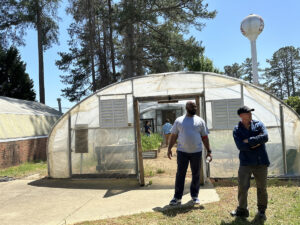News
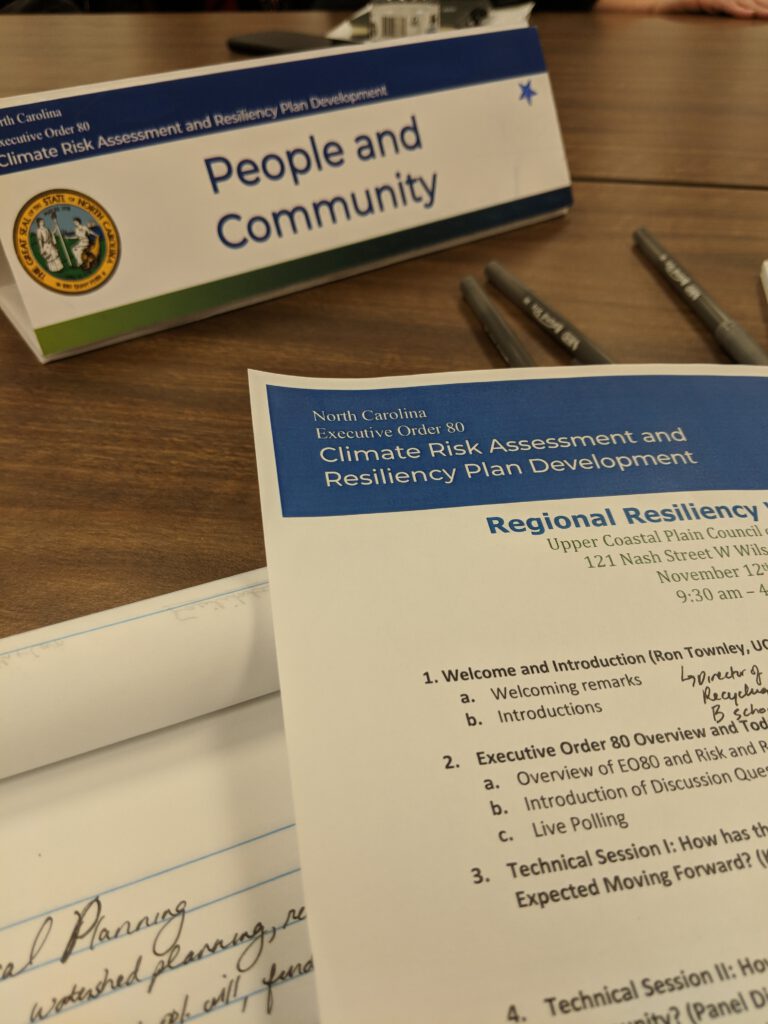
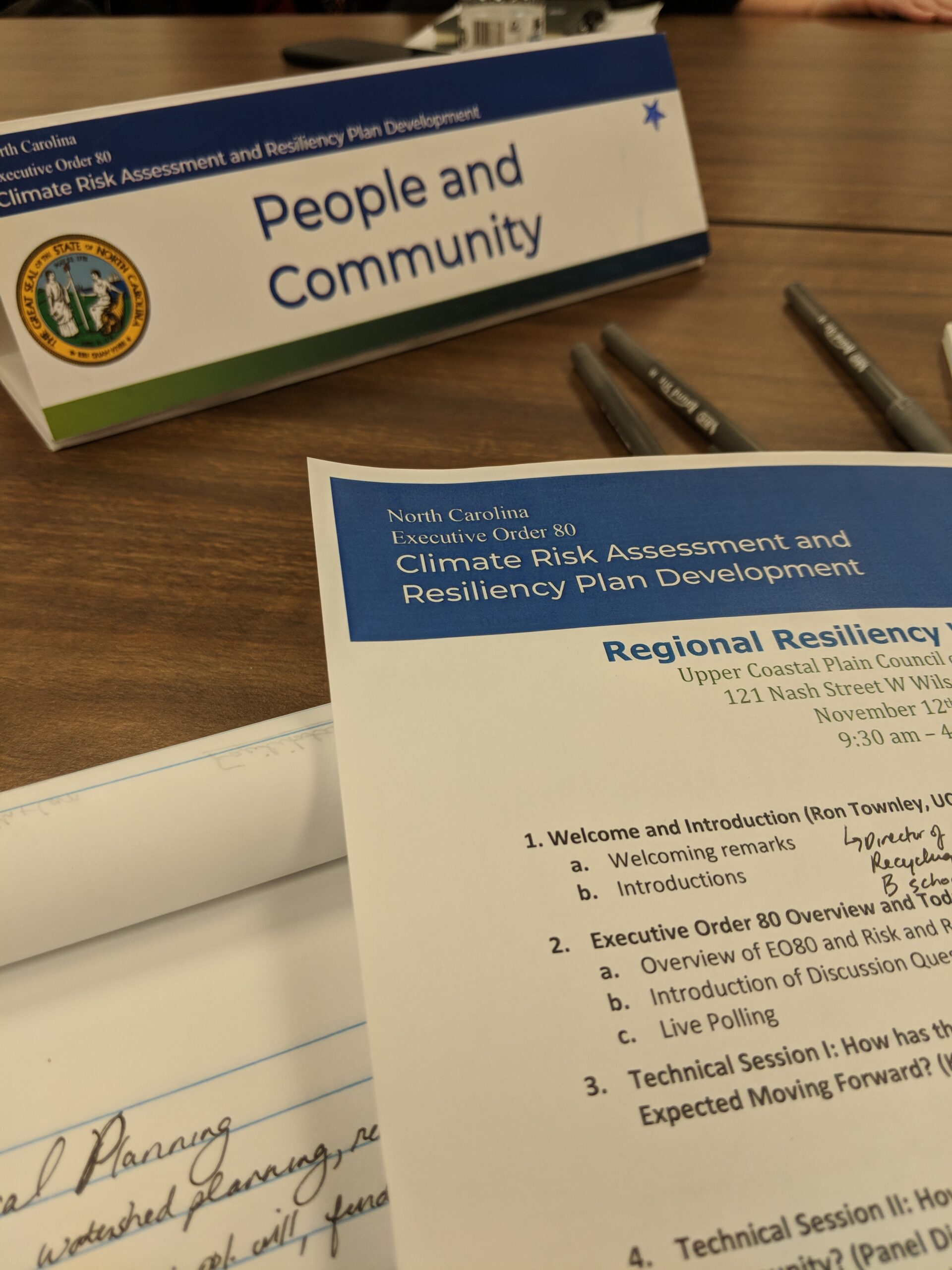 On October 29, 2018, Governor Roy Cooper signed Executive Order 80, highlighting North Carolina’s commitment to fight climate change and lead North Carolina’s transition to a clean energy economy. Section 9 of Executive Order 80 directs State Cabinet agencies to integrate climate adaptation and resiliency planning into their policies, programs, and operations. Section 9 also directs the NC Department of Environmental Quality (DEQ), with the support of Cabinet agencies and informed by stakeholder engagement, to prepare a North Carolina Climate Risk Assessment and Resiliency Plan to be submitted to Governor Cooper by March of next year.
On October 29, 2018, Governor Roy Cooper signed Executive Order 80, highlighting North Carolina’s commitment to fight climate change and lead North Carolina’s transition to a clean energy economy. Section 9 of Executive Order 80 directs State Cabinet agencies to integrate climate adaptation and resiliency planning into their policies, programs, and operations. Section 9 also directs the NC Department of Environmental Quality (DEQ), with the support of Cabinet agencies and informed by stakeholder engagement, to prepare a North Carolina Climate Risk Assessment and Resiliency Plan to be submitted to Governor Cooper by March of next year.
As part of this stakeholder engagement, five regional resiliency workshops were held throughout the state this fall to gather input to be included in the Climate Risk Assessment and Resiliency Plan. The final workshop was held in Wilson in November. Sound Rivers participated in this workshop, along with other members of the environmental community, city and county officials, soil and conservation district members, members of the agriculture community, and researchers. During the workshop, we highlighted the negative impacts to water quality from climate change. Water quality in the Tar-Pamlico and Neuse River basins are threatened by saltwater intrusion, flooding of lagoons at hog facilities, and other spills and pollution events from industries due to flooding we are seeing in North Carolina today.
Sound Rivers will continue to work on and advocate for implementation of green stormwater infrastructure, stopping development within floodplains, and moving potentially harmful industry such as CAFOs out of the floodplain.
Related News

Riverkeeper weighs in on Raleigh tap-water woes
April 25th 2024
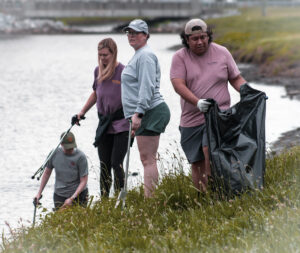
Small cleanup, with a big impact
April 25th 2024
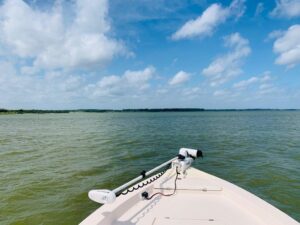
New math moves parts of the Pamlico off impaired waters list
April 25th 2024

Durham turns down Lick Creek development
April 25th 2024
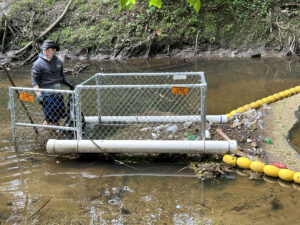
Scout earns volunteer hours with trash trap cleanout
April 25th 2024
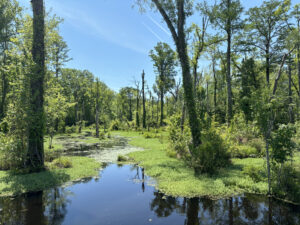
Boat day a Blounts Creek exploration
April 25th 2024
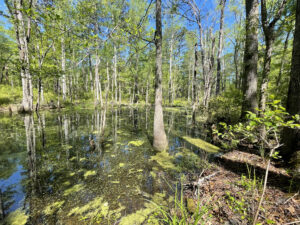
Tell NC to restore wetlands protections!
April 19th 2024
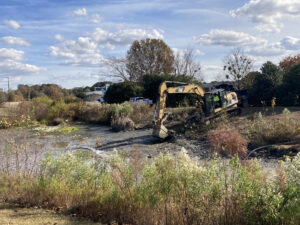
Position available: Stormwater Education Coordinator
April 18th 2024
